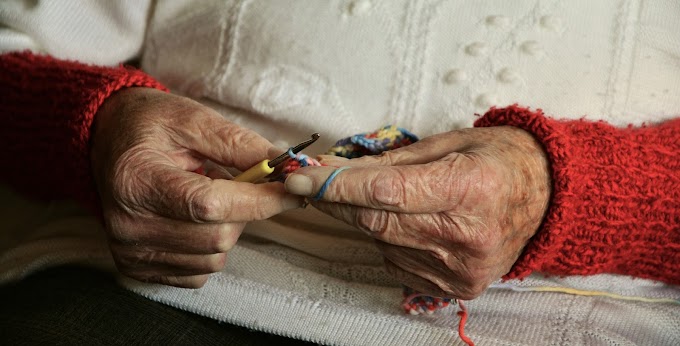Sexually transmitted infections (STIs), also known as sexually transmitted diseases (STDs), can be diagnosed through a variety of tests depending on the specific infection being targeted.
Some of the common tests used for the detection of STIs include:
Blood tests:
Blood tests are commonly used to detect certain STIs, including:
Human immunodeficiency virus (HIV): HIV antibodies or antigens can be detected in the blood, indicating the presence of HIV infection.
Syphilis:
A blood test can detect antibodies to the bacterium Treponema pallidum, which causes syphilis.
Hepatitis B and C:
Blood tests can determine the presence of hepatitis B surface antigen (HBsAg) or hepatitis C antibodies (HCV antibodies) in the blood, indicating infection with the respective viruses.
Urine tests:
Urine samples can be used for testing some STIs, including:
Chlamydia:
A urine sample may be analyzed to detect the presence of Chlamydia trachomatis bacteria.
Gonorrhea:
Similar to chlamydia, a urine sample can be tested to detect the presence of Neisseria gonorrhoeae bacteria.
Swab tests:
Swab samples are commonly used to collect specimens from the affected areas for testing. Depending on the symptoms and suspected infection, swabs may be taken from:
Genital areas:
Swabs may be taken from the cervix (in women), urethra (in men), or genital sores or discharge to detect infections like chlamydia, gonorrhea, trichomoniasis, or herpes.
Throat or rectum:
Swabs may be taken from the throat or rectum if there is a suspicion of infections like gonorrhea or chlamydia at those sites.
Pap smear:
A Pap smear is primarily used for cervical cancer screening. However, it can also detect certain STIs, such as human papillomavirus (HPV) infections, which can cause genital warts and increase the risk of cervical cancer.
Physical examination:
A healthcare provider may perform a physical examination to visually inspect any visible symptoms or lesions that could indicate an STI. This can include examining the genitals, mouth, or anus for signs of infection.
It's important to remember that the specific tests conducted for STIs depend on various factors, including the individual's symptoms, sexual history, and the healthcare provider's discretion.
Testing recommendations may also differ between different regions and guidelines.
If you suspect you may have an STI or have engaged in risky sexual behavior, it is advisable to consult with a healthcare professional who can provide appropriate testing and guidance.
If you have a question or comment or any discussion, please call or send a message.
Our Address:
Hope Diagnostics and Research Laboratory
Unit-3, 34, behind Ram Mandir, Ekamra Vihar, Kharvela Nagar, Bhubaneswar, Odisha 751001
Call Us: 09238582444 / 7894132927









